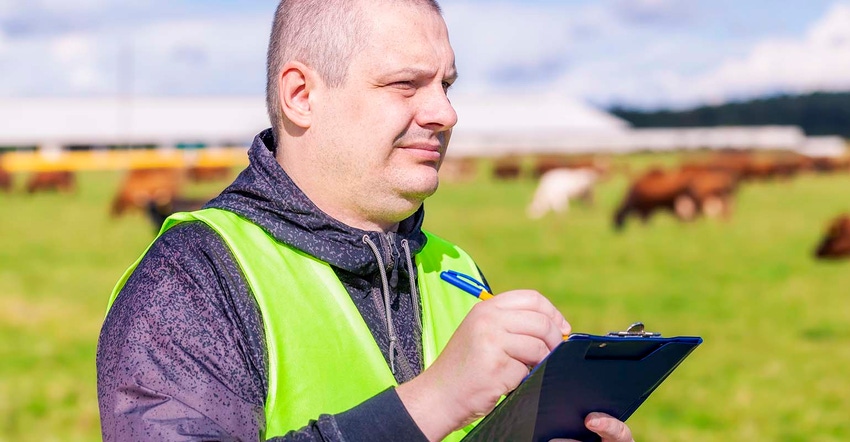
When you think of examples of excellent leaders, who comes to mind? You might first recall historical figures, certain business leaders or people closer to home.
But what do the best leaders often have in common? It might not necessarily be an obvious advantage or even very visible at all.
Ask the right questions
I believe that the best leaders in business – including top farm leaders – intentionally work on a particular area that’s very important to their business: the leaders focus on improving their own skills.
You might think of examples of people who do this well right in your own family or community. Maybe your closest mentors had this focus – perhaps an older generation on the farm you worked with or learned from.
These people tend to be more successful over the long haul. It’s not because they necessarily start out with special skill or talent. They’re just diligent in asking the right questions. They want to work on themselves and their own skills as a manager so they can make their farm business more successful. They ask others what they can do to improve.
Rather than looking to outside circumstances or factors that may be out of their control as what will ultimately determine the operation’s success, they’re asking questions like: How can I get better? What can I focus on to improve my skills in the areas that are most critical for the success of our farm business?
Take three steps
There are three steps you can take to do this for yourself and your operation:
First, consider what will make the biggest positive impact on your operation. What areas will affect the operation’s success the most? Make a list and write down the skills required of you as the farm’s leader. Make sure to consider not only production-related areas, but business areas as well, such as financial know-how and human resources.
Next, put the skills you’ve identified in order of importance to the farm business’ success. Then evaluate yourself on a scale of 1 to 10 on your current level of skill and execution in each area. Circle the three main skills that are both important to the farm’s success andon the lower side of how you rated yourself.
Finally, choose to focus your efforts on those three skills. Begin creating an action plan for each one, with timelines. What resources can you use and draw upon? What people can you turn to as mentors or advisors to help facilitate your growth in each area? How will you measure your growth and improvement along the way?
It may be helpful to have a coach or advisor to guide and bring additional accountability to your plan for skill growth. They can serve as a resource as you up your management game. Consider working with someone who specializes in advising farm leaders as you build your plan this summer.
The opinions of the author are not necessarily those of Farm Futures orFarm Progress.
About the Author(s)
You May Also Like






